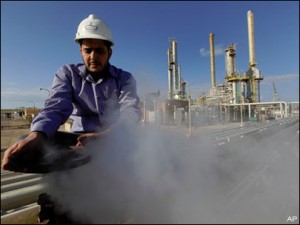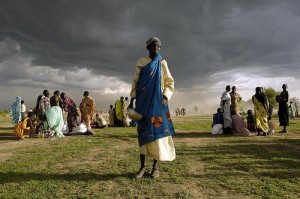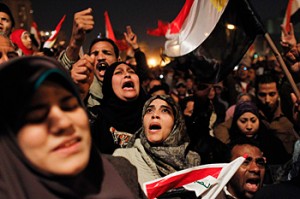In my last post, I spoke about the problems that arose through debt burdens, and why countries find it so difficult to rid themselves of that obstacle. Countries that are freed from their debts end up accumulating more debts because of failed promises for development assistance. Whatever the reason, the international community needs to come up with solutions to prevent poor countries from falling into the debt cycle and be part of a sustainable development model.
why countries find it so difficult to rid themselves of that obstacle. Countries that are freed from their debts end up accumulating more debts because of failed promises for development assistance. Whatever the reason, the international community needs to come up with solutions to prevent poor countries from falling into the debt cycle and be part of a sustainable development model.
In 1996, Industrialized countries used two models to clear out many poor countries’ debts: the Heavily Indebted Poor Country (HIPC) initiative and the Multilateral Debt Relief Initiative (MDRI). Combined, these two initiatives cancelled out nearly $110 billion worth of debt, $93 billion of which was in African countries. Many African governments used debt savings to help abolish primary school fees; Mozambique used its debt service savings to vaccinate children against tetanus, whooping cough and diphtheria, as well as to install electricity in schools and to build new ones. Cameroon on the other hand, used its debt savings to launch a national HIV/AIDS plan for education, testing and prevention.
To build on these successful developments, donor countries need to take three steps:
- Donors should explore potential debt cancellation in other poor countries that did not benefit from the first round of debt relief because they simply did not meet the HIPC threshold for required debt levels.
- Donors should provide guidance and advice both in terms of economic development as well as financial planning after the countries get their debt cancelled. The international community should be able to answer the “whats the next step” question.
- The international community must also set up a sovereign debt mechanism, which would be useful during cases of state insolvency where cases would be worked out fairly and transparently. The use of this would be to prevent countries from dragging on their debt burden for decades despite best efforts to eradicate them.








